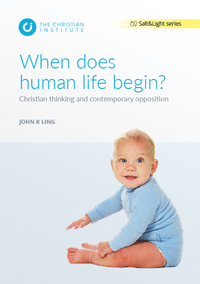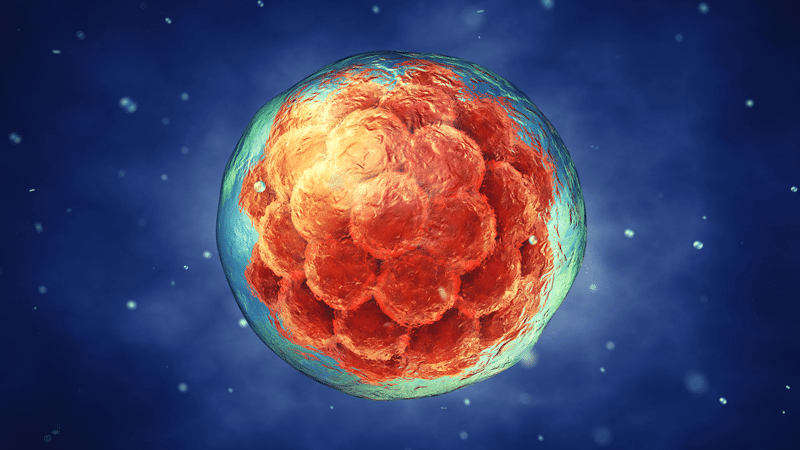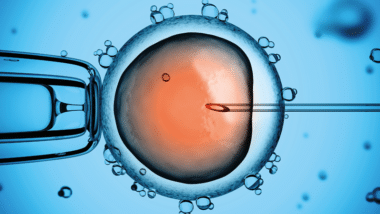Scientists are canvassing public support for doubling the time limit on human embryo experimentation.
In fieldwork carried out for The Human Developmental Biology Initiative (HDBI), members of the public were asked for their views on jettisoning the current UK limit on experiments beyond 14 days from fertilisation.
HDBI is a Europe-wide collaborative research project involving scientific experiments on human life in its earliest stages.
Eugenics
Under the initiative, four panels made up of 70 people – more than half of whom were already in favour of embryo experimentation – were asked for their views on extending the current 14-day limit to 28 days.
The 1990 Human Fertilisation and Embryology Act allows experimentation on human embryos of up to 14 days’ development for limited research purposes.
According to the report, many panellists support “some form of extension to the number of days” if it is “informed by society’s expectations about respect for the embryo and the research continues to be robustly regulated”.
But some raised serious ethical concerns, particularly that “enhanced techniques to detect health conditions” could lead to their “eradication” and scientists might seek to “create ‘perfect’ humans”.
“Participants often referred to Down’s Syndrome as an example of a condition that many of them see as a difference between people, rather than a disease to be cured / prevented.”
life begins at conception. I firmly believe and know that it should not be messed around with.
Panellist
Eugenics
The Crick Institute’s Prof Robin Lovell-Badge, HDBI Oversight group co-chairman, claimed the exercise “suggests” there might be some public support for liberalising the law on embryo experimentation.
However, Right To Life UK spokeswoman Catherine Robinson branded the project “a thinly veiled attempt to lobby for the removal of the 14-day-limit”.
She continued: “What we are talking about here is doing medical experiments on unique human embryos. Human embryos should never be experimented on”.
life begins at conception. I firmly believe and know that it should not be messed around with.
Panellist
International research
In 2021, the International Society for Stem Cell Research (ISSCR) – the body representing worldwide stem cell research – abandoned the 14-day time limit for research on human embryos.
New ISSCR guidelines, cited in the HDBI report, no longer specify an upper time limit for experimentation on embryos where ‘scientific objectives can be justified’, “broad public support” is achieved and local regulations permit it.
Scientists claim that keeping human embryos alive in a laboratory for more than 14 days would aid research into heart disease and cancer, as well as miscarriage.
Christian thinking and contemporary opposition
John R Ling
When does human life begin? It is a fundamental and decisive question because your answer reveals your understanding of the nature and status of the human embryo. It also shapes your stance on the big bioethical issues of the day such as abortion, cloning and embryonic stem cell research. There are many voices sowing confusion, but the Bible is unmistakably clear that human life begins at conception. In this booklet, John Ling provides a wide-ranging explanation of biblical truth, the historical Christian perspective and evidence from modern science to support this position.



